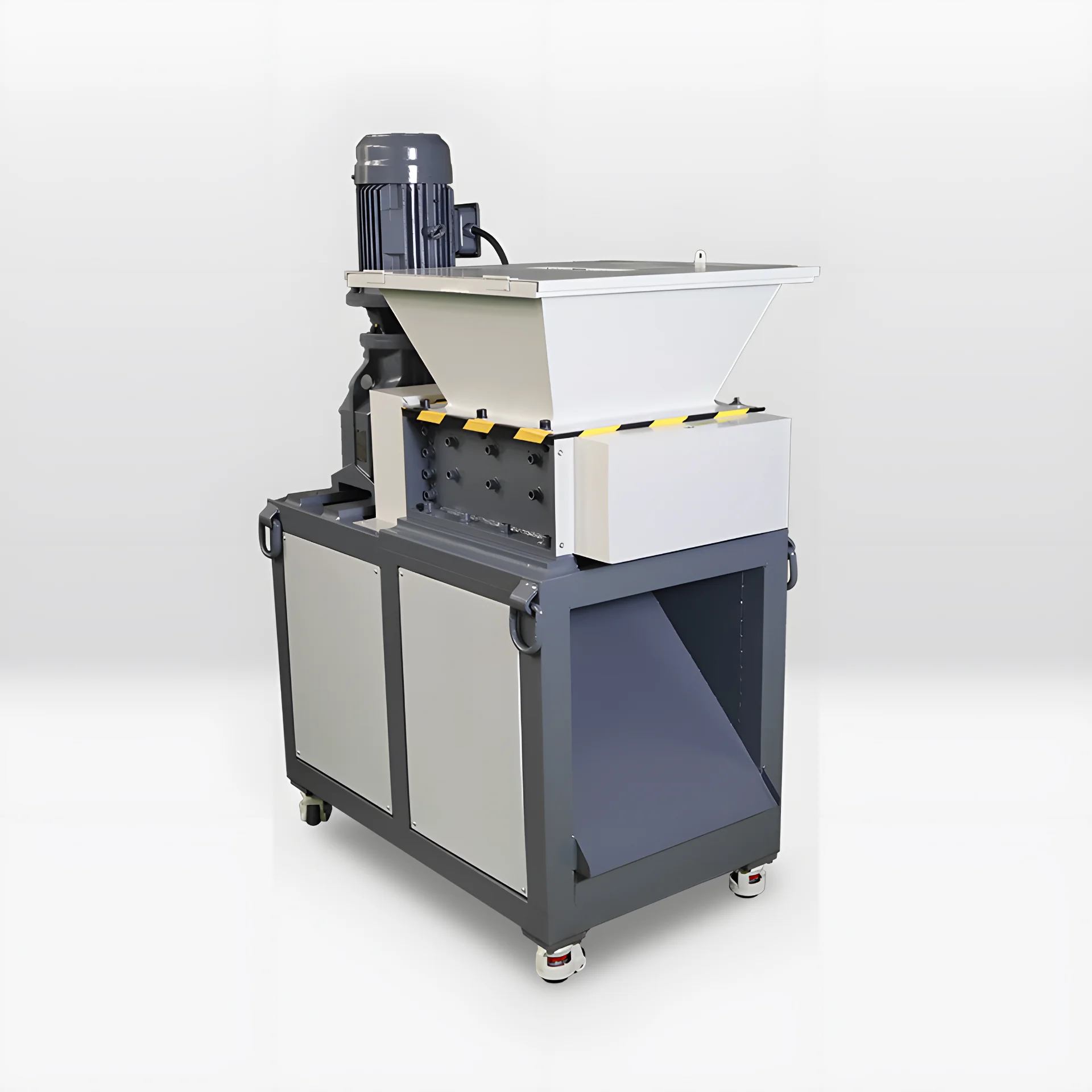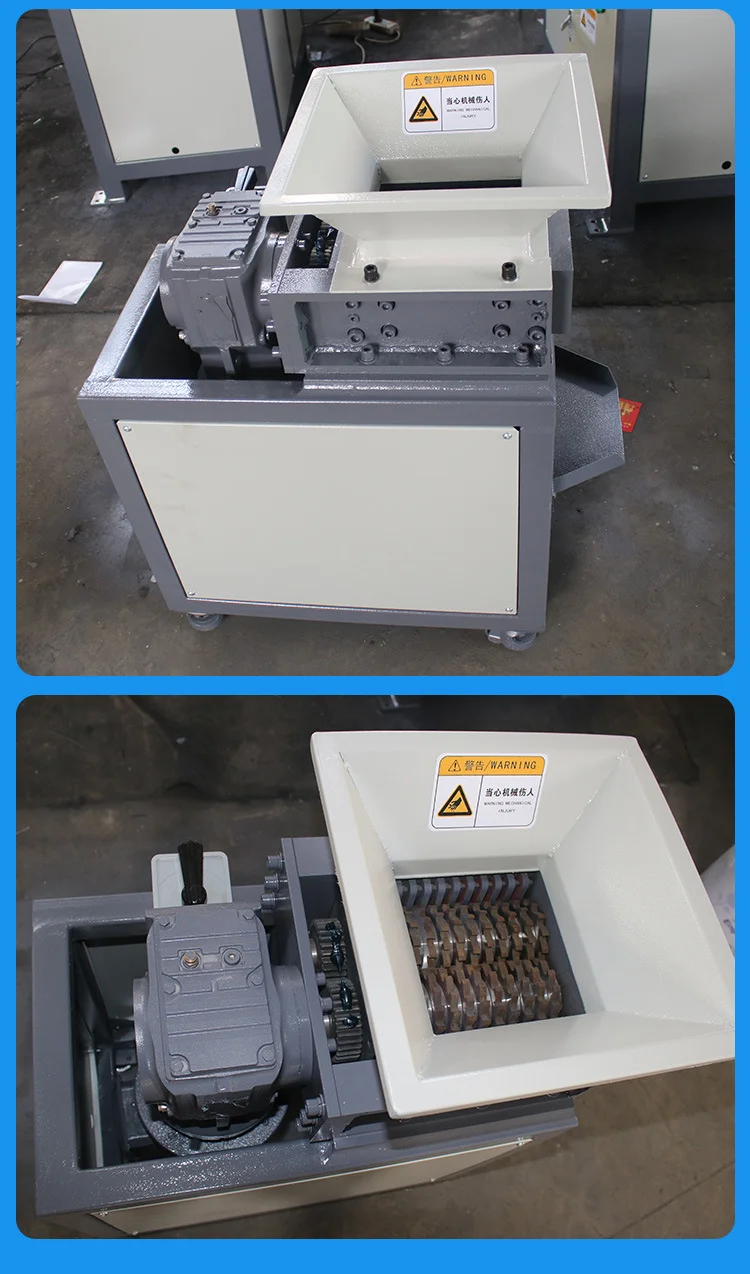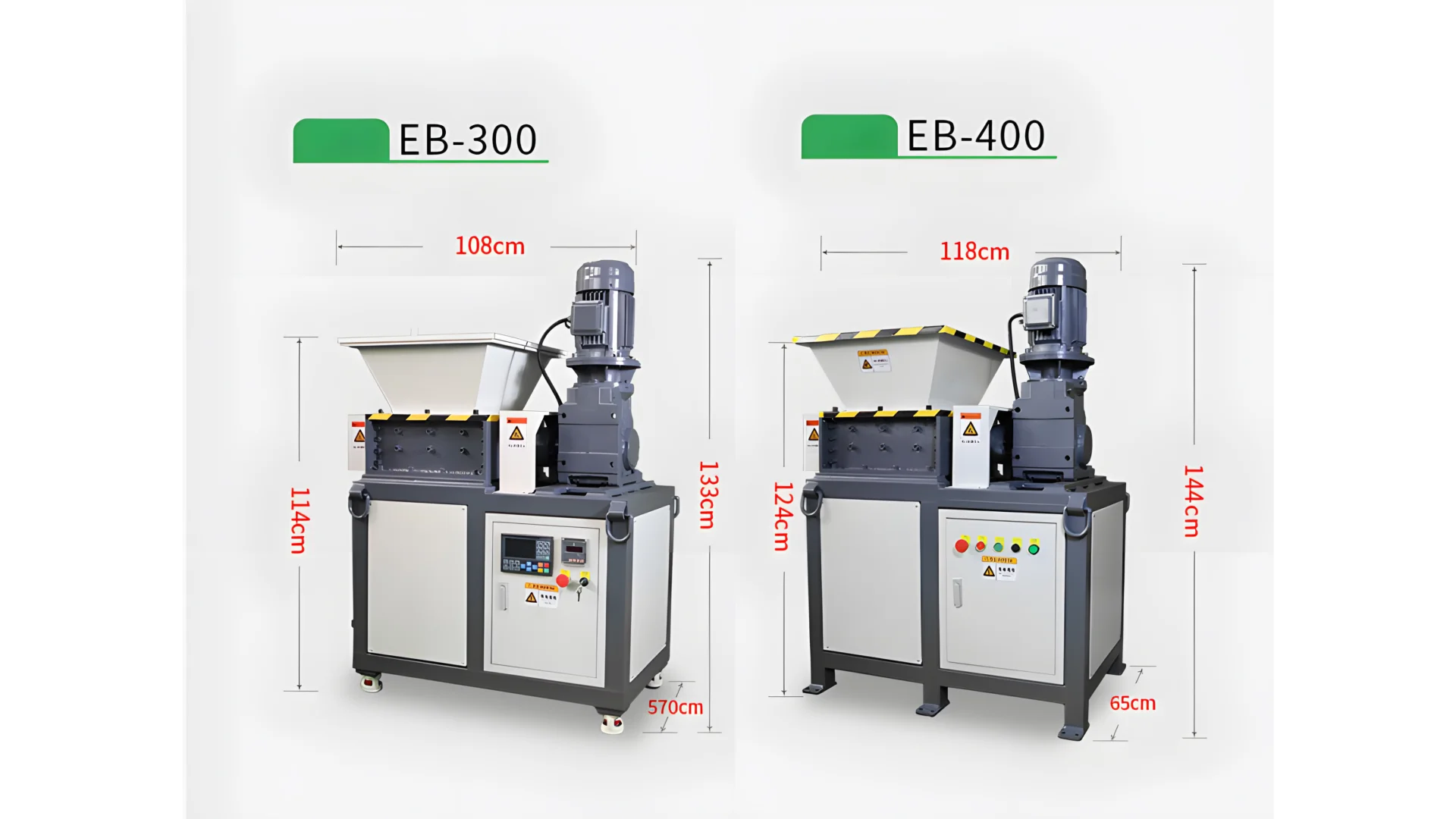Introduction:
Data security is crucial in today’s digital world. Simply deleting files may not be enough as sensitive data can still be accessible. A hard drive shredder is a specialized piece of equipment designed to physically destroy hard drives, rendering the data stored on them completely irretrievable. This is crucial for ensuring data security, especially when handling sensitive or confidential information.

Main Advantages:
- Complete Data Destruction: Hard drive shredders physically destroy the drive, making data recovery impossible, unlike simple deletion.
- Compliance with Regulations: Many industries have strict data destruction protocols. Hard drive shredders can fulfill these requirements.
- Peace of Mind: Knowing that your sensitive data is permanently gone provides peace of mind and protection from potential data breaches.
- Eco-Friendly: Some shredders allow recycling of the destroyed drive components, promoting sustainability.
Working Principles:
Hard drive shredders destroy data using various methods:
- Physical Destruction: Unlike software solutions for data wiping, hard drive shredders physically break the hard drive into small pieces.
- Types of Destruction: Shredders may crush, shear, or cut with high precision to destroy the hard drive’s platters, chassis, and electronic components.

Types:
- Single-Shaft Shredders: Use a single cutting mechanism to slice the drive into strips.
- Dual-Shaft Shredders: Employ two counter-rotating shafts with interlocking cutting discs, providing more thorough destruction.
- Hammermills: Use rotating hammers to smash the hard drives into pieces.
Applications:
Hard drive shredders are vital for:
- Data Security: Essential for businesses and organizations that handle personal data, financial records, or other sensitive information.
- Compliance: Helps in complying with legal requirements for data destruction, such as GDPR, HIPAA, or the Sarbanes-Oxley Act.
- E-Waste Recycling: By destroying hard drives, shredders facilitate the safe recycling of electronic components and metals, reducing environmental impact.
Advantages
- Complete Data Destruction: Ensures that data cannot be recovered, even with advanced forensic techniques.
- Versatility: Many models can also destroy other types of media, like SSDs, CDs, DVDs, and magnetic tapes.
- Cost-Effective: In the long term, using a shredder can be more cost-effective than contracting out data destruction services.
Considerations
- Capacity: Shredders vary in size and capacity, from small, office-friendly machines to large industrial models.
- Environmental Impact: Proper disposal of shredded materials is necessary to minimize environmental harm.
- Security Protocols: Implementing secure destruction procedures is crucial to ensure that all data is handled and destroyed properly.
Conclusion:
A hard drive shredder is an essential tool for ensuring the complete destruction of sensitive data. Understanding the advantages, working principles, and applications of these devices can help you choose the right solution for your specific needs, achieving true data security.
FAQs:
- What is the difference between a hard drive shredder and a paper shredder?
A hard drive shredder destroys the entire drive, while a paper shredder only cuts paper into smaller pieces. - How much does a hard drive shredder cost?
Prices vary based on the type and capacity of the shredder, ranging from a few hundred to thousands of dollars. - Is it legal to destroy hard drives without a shredder?
Generally, it’s legal to destroy a hard drive, but specific regulations may apply to certain industries or data types. - How often should I shred my hard drives?
This depends on the data’s sensitivity, but it’s generally recommended to shred hard drives once they are no longer in use.



